Share This Class:
Kanban
OBJECTIVEs:
- This course aims to provide a comprehensive understanding of Kanban principles and practices, enabling participants to effectively implement and manage Kanban in their projects.
- It covers the foundational concepts, advanced techniques, and practical tools necessary for successful Kanban adoption.
- Participants will gain expertise in Kanban, a flexible and scalable project management methodology.
- Participants will learn to design, implement, and optimize Kanban workflows for various projects.
- Participants will develop skills in using Kanban metrics and tools to enhance team productivity and project outcomes.
- This will help to enhance your career prospects in project management with a deep understanding of Kanban.
Course features:
- Practical hands on
- Lab sessions
- Training by experienced faculty
PRE-REQUISITES:
- Basic understanding of project management principles.
- Familiarity with other project management methodologies is helpful but not required.
Learning Path
- Overview of Kanban:
o Introduction to Kanban and its origins
o Key principles of Kanban in project management
o Comparing Kanban with other project management methodologies - Core Concepts of Kanban:
o Understanding the Kanban board and workflow
o WIP (Work In Progress) limits and their importance
o The principles of continuous delivery and flow
- Designing a Kanban board:
o Setting up a Kanban board using physical and digital tools
o Creating columns and swimlanes for workflow management
o Defining card types, labels, and color codes for task visualization - Customizing the Kanban workflow:
o Tailoring the Kanban board to suit different project needs
o Identifying and managing bottlenecks in the workflow
o Utilizing Kanban metrics (e.g., Lead time, Cycle time) for tracking progress
- Kanban in Practice:
o Integrating Kanban into existing project management processes
o Roles and responsibilities in a Kanban team
o Managing daily stand-ups and retrospective meetings - Scaling Kanban:
o Strategies for scaling Kanban across multiple teams and projects
o Coordinating work across distributed teams using Kanban
o Case studies on successful Kanban implementations
- Advanced Workflows:
o Implementing pull systems and flow-based project management
o Understanding advanced workflow policies and classes of service
o Handling large projects and complex workflows with Kanban - Continuous Improvement with Kanban:
o Applying the Kaizen philosophy to Kanban
o Techniques for process improvement and waste reduction
o Using Kanban for continuous learning and team development
- Overview of Kanban Tools:
o Introduction to popular Kanban tools (e.g., Trello, Jira, Azure DevOps)
o Features and functionalities of digital Kanban tools
o Comparing different tools for various project requirements - Practical Use of Kanban Software:
o Setting up and managing projects in Kanban software
o Integrating Kanban tools with other project management software
o Automating workflows and task management in Kanban tools
- Key Kanban Metrics:
o Understanding and calculating Kanban metrics (e.g., Lead time, Cycle time)
o Using cumulative flow diagrams (CFDs) to track project progress
o Analyzing Kanban metrics for team performance improvement - Reporting in Kanban:
o Creating reports and dashboards in Kanban tools
o Using data to drive decision-making and process optimization
o Communicating progress and results to stakeholders
- Common Challenges:
o Addressing resistance to Kanban adoption within teams
o Managing cultural shifts and mindset changes
o Overcoming technical and logistical barriers - Problem-Solving Techniques:
o Practical solutions for common Kanban implementation issues
o Case studies on overcoming challenges in Kanban projects
o Best practices for maintaining Kanban effectiveness
- Kanban Certification:
o Overview of Kanban certifications (e.g., Kanban Management Professional)
o Preparing for Kanban certification exams
o Continuing education and advanced certifications in Kanban
-
Facebook
-
Instagram
-
LinkedIn
Copyright 2024. UWIN Pro Inc.



